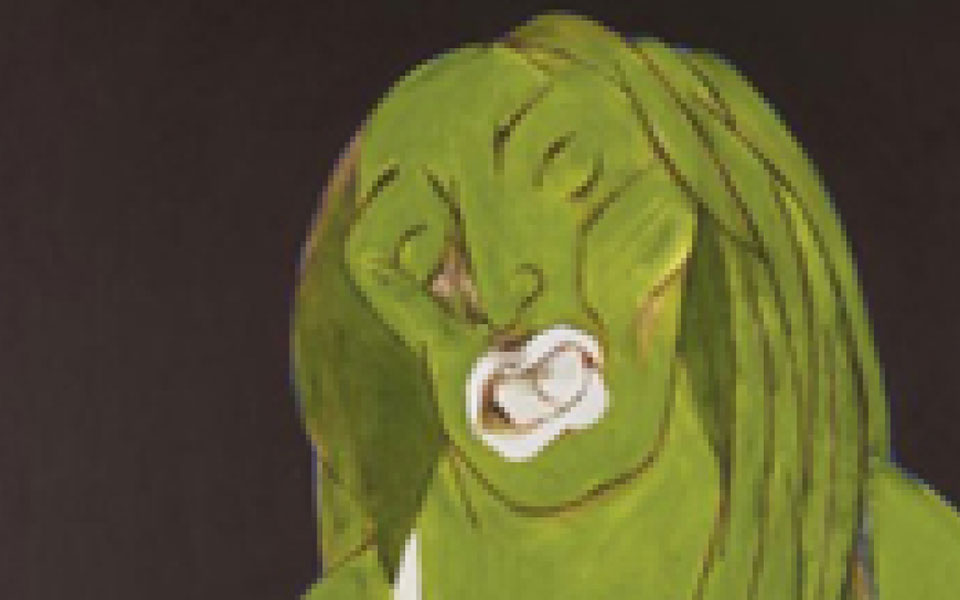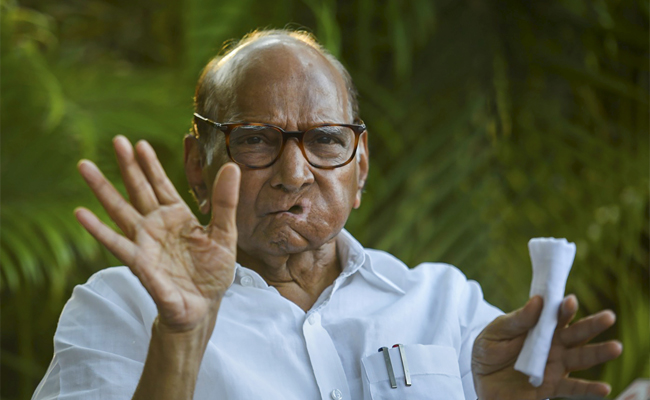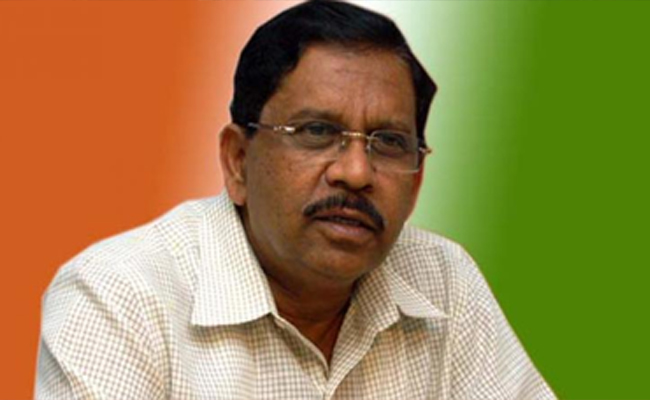New Delhi, June 14: In a record-breaking sale at an online auction on Thursday, Tyeb Mehta's iconic painting "Kali" (1989) was sold at a whooping Rs 26.4 crore, setting a new record for the artist.
The painting represents the eternal cosmic dilemma of the human condition: the battle of good and evil, creation and destruction.
The Summer Online Auction by Saffronart, an international player in the art market, witnessed this sale.
"Modernist Tyeb Mehta has tonight achieved a new world record at Rs 26.4 crore (approximately $4 million) with the sale of Untitled (Kali), 1989, at Saffronart's Summer Online Auction," Saffronart said in a statement.
Mehta's previous world record was held by leading auction house Christie's. In May 2017, Untitled (Woman on Rickshaw), 1994, was sold at a Christie's auction for $3.56 million (Rs 22.99 crores).
The buyer then was New Delhi's Kiran Nadar Museum of Art.
Saffronart has not revealed who bought "Kali", with a representative saying that disclosing the identity of the buyer was against their policy.
"The sale of Tyeb Mehta's Kali marks an important achievement in modern Indian art sales, and paves the way forward for online auctions of Indian art," Dinesh Vazirani, CEO and Co-founder of Saffronart told IANS after the sale was announced.
"In our 18 years as India's leading auction house, our focus has been to make the best of Indian art accessible to audiences around the world," he added.
Mehta's "Kali" is the largest of only three standing figures painted by the artist.
It was once part of the art collection of the eminent theatre director, Ebrahim Alkazi.
Mehta, who spent most of his life in Mumbai, passed away there on July 2, 2009 following a heart attack. He was a recipient of the Padma Bhushan in 2007.
Let the Truth be known. If you read VB and like VB, please be a VB Supporter and Help us deliver the Truth to one and all.
Madrid: Spain has rejected a claim by the White House that Madrid had agreed to cooperate militarily with the United States amid the ongoing conflict with Iran, even as US President Donald Trump warned of trade consequences over Spain’s stance.
Al Jazeera reported that White House spokesperson Karoline Leavitt told reporters on Wednesday that Spain had reconsidered its earlier position of not allowing its military bases to be used in the war against Iran.
“With respect to Spain, I think they heard the president’s message yesterday loud and clear, and it’s my understanding, over the past several hours, they’ve agreed to cooperate with the US military,” Leavitt said.
Clearly denying the assertion, Foreign Minister José Manuel Albares said the claim was incorrect and insisted that Madrid’s position had not changed. “Not a single comma has changed, and I have no idea whatsoever what they might be referring to,” Albares said in an interview with the Hora25 radio programme.
ALSO READ: BJP's earning accounted for 85 per cent of total income of national parties in 2024-25: ADR Report
Trump had earlier criticised Spain’s opposition to the war, describing its stance as “terrible” and threatening economic retaliation. “We’re going to cut off all trade with Spain. We don’t want anything to do with Spain,” he said on Tuesday.
Spanish Prime Minister Pedro Sánchez reaffirmed his government’s opposition to the conflict, recalling past military interventions in the region. “The world, Europe, and Spain have faced this critical moment before. In 2003, a few irresponsible leaders dragged us into an illegal war in the Middle East that brought nothing but insecurity and pain,” Sánchez wrote on social media.
He added that Spain’s position remained firmly against war, violations of international law and “the illusion that we can solve the world’s problems with bombs”.
Iranian President Masoud Pezeshkian praised Spain’s stand, saying it reflected ethical responsibility.
“Spain’s responsible conduct in opposing the Zionist-American coalition’s flagrant human rights violations and military aggression against countries, including Iran, shows that ethics and awakened consciences still exist in the West,” he wrote in a post on social media.
Within Europe, Spain has been among the few countries to openly oppose the attacks on Iran. The European Union has instead called for de-escalation and protection of civilians without directly rejecting the US and Israeli military action.
EU foreign policy chief Kaja Kallas said Iran’s missile and nuclear programmes and its support for armed groups pose a serious threat to global security, adding that the bloc has imposed sanctions on Tehran while continuing to back diplomatic engagement on the nuclear issue.





